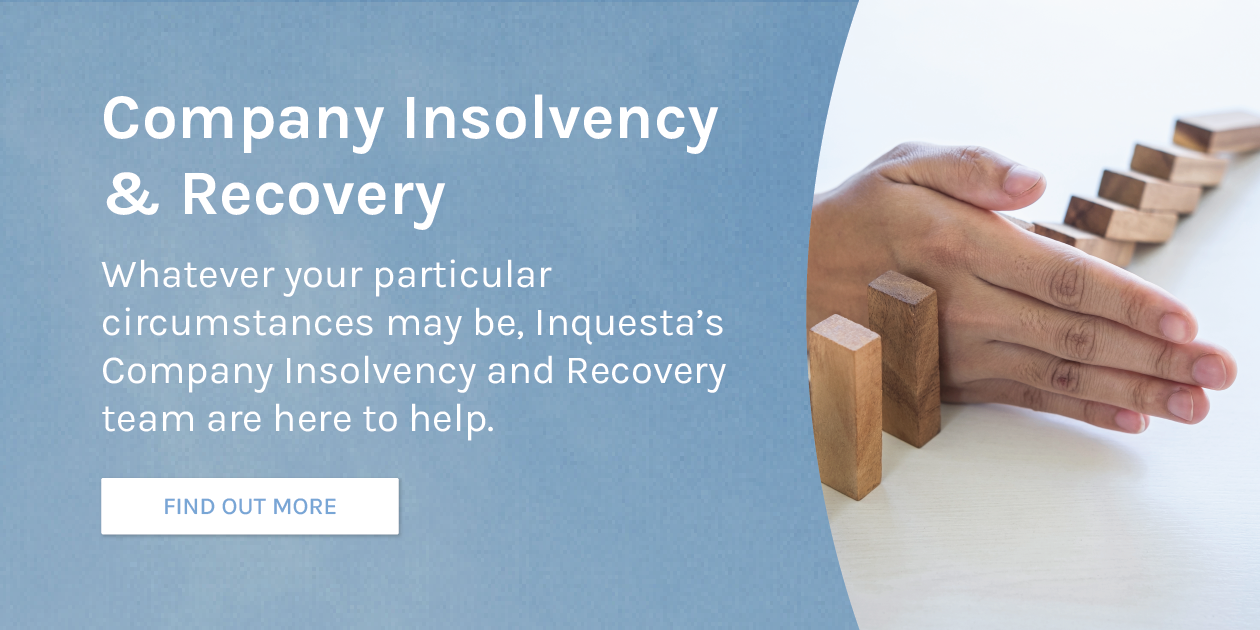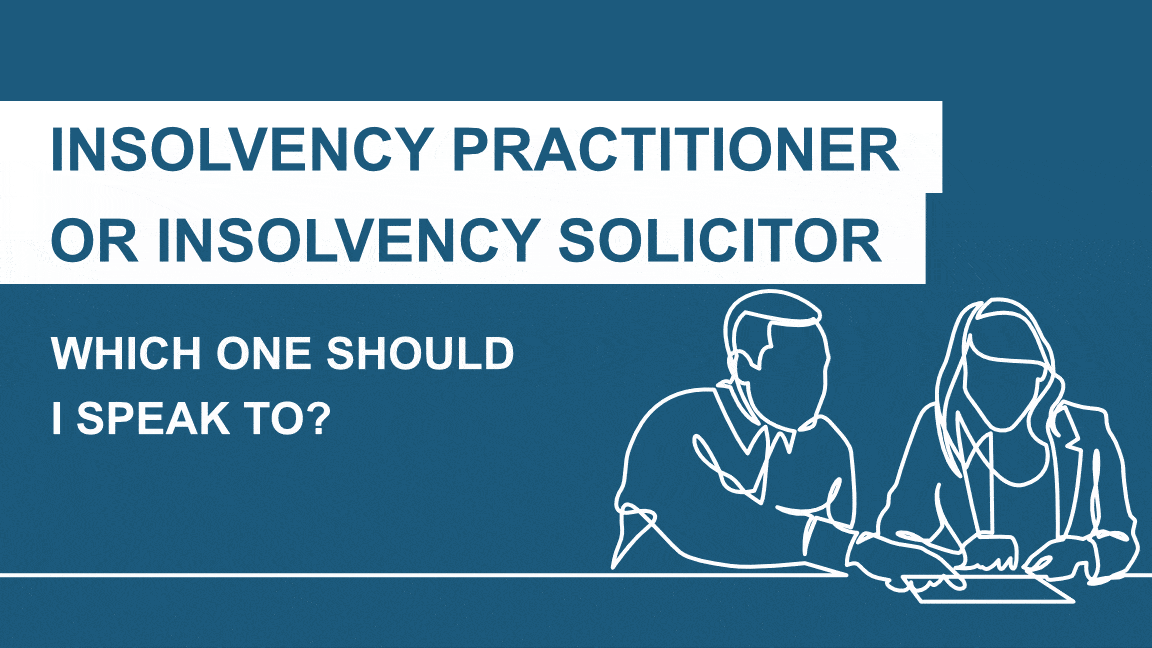The smart Trick of Insolvency Practitioner That Nobody is Talking About
The smart Trick of Insolvency Practitioner That Nobody is Talking About
Blog Article
The 2-Minute Rule for Insolvency Practitioner
Table of ContentsGetting The Insolvency Practitioner To WorkIndicators on Insolvency Practitioner You Should KnowThe Basic Principles Of Insolvency Practitioner Insolvency Practitioner for BeginnersGet This Report about Insolvency Practitioner
Whether or not you need to use a bankruptcy practitioner (IP) to liquidate your company depends on different variables. While engaging an insolvency practitioner for all forms of liquidation is not a legal need, doing so can commonly simplify the procedure and make certain compliance with legal needs. Liquidating a company is a critical decision that comes with significant consequences.
It is a treatment utilized when a company does not have any creditors, or every one of their creditors can be paid off in full with legal rate of interest. Recognizing the different kinds of bankruptcy procedures can aid you establish the most effective training course of activity for your firm's liquidation or various other official insolvency treatments itself.
This is obligatory in order to stick to lawful demands - Insolvency Practitioner. This is because IPs have the required qualifications and experience to ensure that the liquidation procedure is performed according to all suitable legislations and guidelines. By engaging a qualified insolvency expert, you can have comfort knowing that your company's liquidation process will certainly be managed skillfully and in conformity with the pertinent lawful requirements
The 8-Minute Rule for Insolvency Practitioner
The insolvency specialist is appointed as a liquidator and is accountable for managing the business and liquidator's debts impressive liabilities and assets. This process entails selling the firm's properties and dispersing the proceeds to creditors. Upon completion of the procedure, the company is eliminated from the register at Companies Residence.
Stopping working to do so can lead to personal obligation for the firm or supervisor for the creditor's financial obligations. Volunteer liquidation, which includes Financial institutions' Voluntary Liquidation (CVL) and Participants' Voluntary Liquidation (MVL), is started by the business's supervisors and shareholders when they can no longer pay their financial obligations. In a CVL, the bankruptcy specialist is assigned as the liquidator, in charge of managing firm financial debts and all business possessions.

Getting The Insolvency Practitioner To Work
By assessing the competence and experience of possible insolvency specialists, you can guarantee that you choose a professional who possesses the necessary qualifications to handle your business's liquidation process successfully. While bankruptcy practitioner-led liquidation is frequently the most proper strategy for business dealing with insolvency, there are different techniques to think about, such as great site striking off and partial liquidation.
It's crucial to assess all available options prior to choosing the following best option or course of activity for your business. Striking off companies' registers is a more straightforward and affordable method to shut dormant or small companies without any debts or properties. To strike off a company, its name is eliminated from the Companies Home register by sending type DS01.
Before selecting striking off, it's important to consider the benefits and drawbacks of this strategy and consider whether it's the appropriate option for your organization. Partial liquidation is another choice to insolvency practitioner-led liquidation, in which a company liquidates particular possessions and responsibilities while remaining to operate with the remaining possessions and responsibilities.
An Insolvency Practitioner will certainly be able to recommend you of the most effective strategy to take and guarantee that whatever runs efficiently. It is not feasible to liquidate a company without a liquidator. Assigning an authorised bankruptcy content specialist is needed for the process of volunteer liquidation to start.
The Buzz on Insolvency Practitioner
It is possible to close and liquidate your business without making use of a liquidator, offered your business is solvent and you fulfill the qualification demands to liquify or liquidate it. Nonetheless, if your business is insolvent, you might be needed to use a liquidator and begin official insolvency procedures. Here are a few other helpful write-ups regarding business liquidation in the UK:.
Remaining in a position where you're unable to pay your business's financial institutions is incredibly demanding. In an attempt to avoid increasing the level of debt, numerous companies try to discuss straight with their financial institutions and concur to a casual plan. If the financial obligation is quite small and owed to one creditor, and the creditor is being cooperative, participating in an casual financial obligation plan is probably the most effective remedy, rather than searching the web for 'an insolvency specialist near me'.
On the other hand, if there are multiple financial institutions and the degree of financial debt is large, financial institutions might not be so prepared or participating. In order to prevent liquidation or bankruptcy, it is better to work with an insolvency practitioner to formulate formal propositions and work out with creditors on your part.
Insolvency Practitioner Fundamentals Explained
Whilst it is a means to handle financial obligation, there are considerable threats included with this kind of financial debt arrangement - Insolvency Practitioner. If a lender wants to enter right into a casual arrangement (IA) wherein the borrower has concurred to make regular, if lower, repayments to settle the financial debt, it is necessary to adhere to the arrangement

The creditor is within their civil liberties to back out of the contract and application the courts for your company to be liquidated at any type of time. A formal setup that has been suggested by a bankruptcy specialist on your part, and agreed by a lender, provides a much safer choice.
Report this page